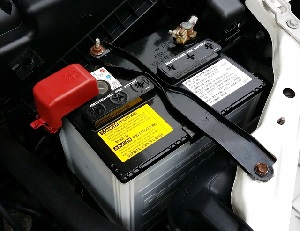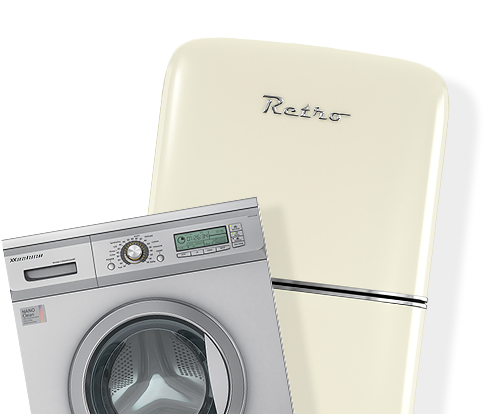Lead Acid Battery Recycling in Buffalo, NY
Recycling lead-acid batteries is essential for the sustainable manufacturing of batteries and other products made of precious metals. Different heavy metals can leach into the surrounding soil and water supplies, contaminating local wildlife and plants. At Metalico Buffalo, we offer hassle-free lead acid battery recycling services that enable cheaper and safer products in the future while also protecting the environment.
How to Recycle Lead Acid Batteries

To recycle large lead batteries that come from vehicles or backup power arrays, gather a high volume of batteries for the best return. Local auto shops often collect batteries for smaller quantities and give store credit. However, bringing dozens of batteries to a scrap yard will give a better return than what a smaller shop would offer. Load car batteries in safe packaging for safe transport, or use one of our scrap containers for easier and safer hauling.
How Much Are Lead Acid Auto Batteries Worth When Recycled?
The cost of a lead acid battery largely depends on the price of the metals within them. Contact our team to learn about our current prices and how we can help you recycle your old lead-acid batteries quickly and conveniently.
Metalico Buffalo: Your Lead Acid Battery Recycling Experts in WNY
At Metalico Buffalo, we pride ourselves on offering hassle-free and competitive lead acid battery recycling services in WNY. Our knowledgeable team can answer any questions you have about lead acid battery recycling and help you recycle your old batteries quickly and safely. Contact us today to schedule your lead acid battery recycling service and get the latest pricing information.
Contact Us Now



